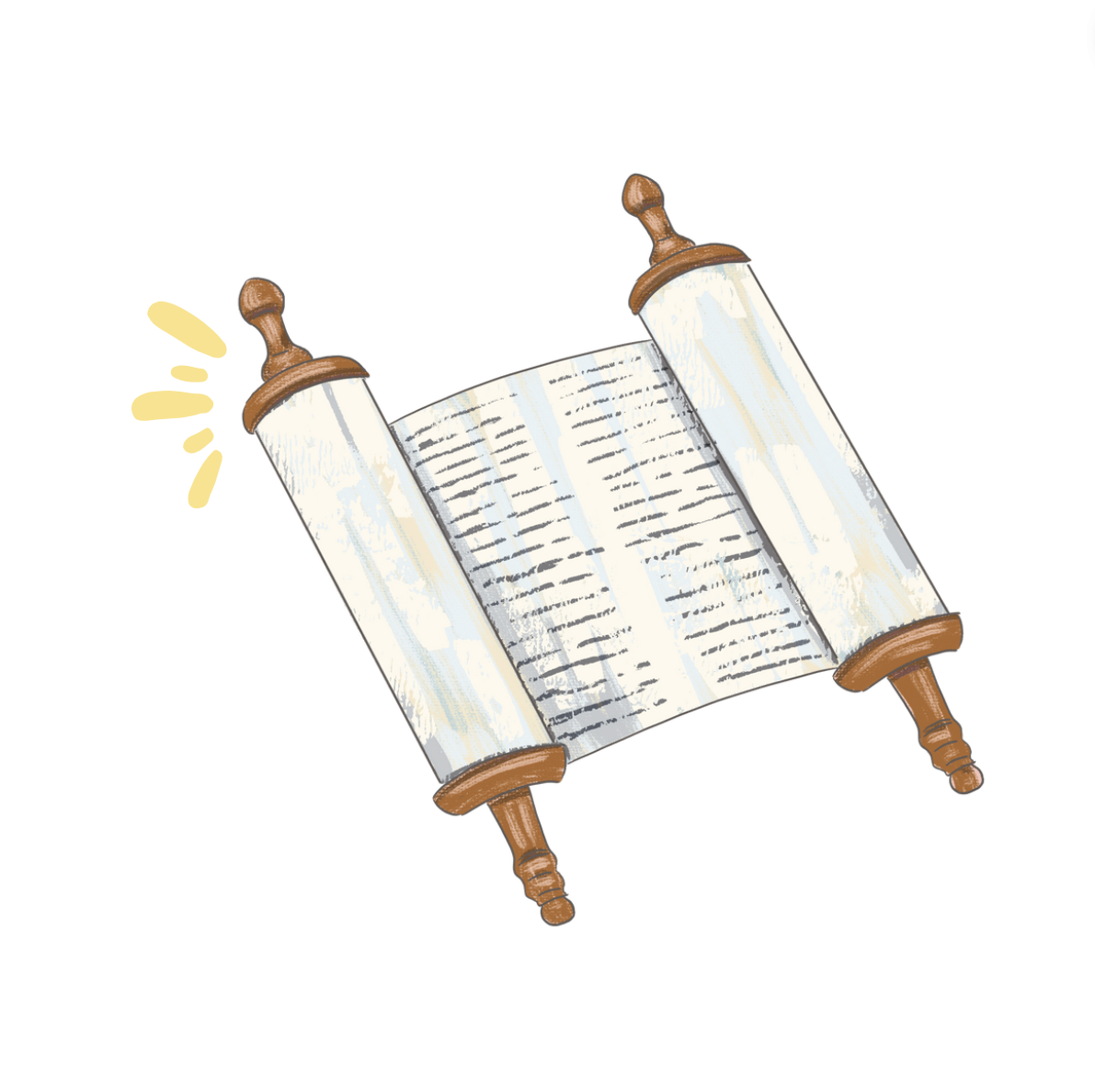As many of you know, last week JCP hosted Rabbi Galit Cohen-Kedem, our partner rabbi in Israel. Rabbi Galit is the founder and spiritual leader of Congregation Kodesh v’Chol in Holon, located near Tel Aviv. She and I met when I was living in Israel and working as an intern in her congregation and school. Since then, she has been my rabbi, teacher, and dear friend. With its grassroots origins, passionate community, and goal of making Judaism vibrant and engaging for people of all backgrounds, Kodesh v’Chol and JCP are very similar, and we are excited to grow the connections between our communities.
Since October 7, Rabbi Galit has been doing the enormously challenging and deeply inspiring work of supporting her community and her country as they manage through the war. Yet as she does this crucial work, she also sees her partnerships in the United States as central. So for these past few weeks, she has been visiting congregations across America, sharing her experiences over these last months and hearing about ours.
We have been in close touch since October 7, but there was nothing like seeing her in person last Wednesday. My eyes filled with tears as I gave her a big hug and welcomed her to New York and to JCP. Jewish tradition teaches us the central mitzvah of being there for our friends when they need us. In this moment of crisis for the Jewish people in Israel and in the States, it felt so meaningful that we could show up in person for each other.
We had a packed day at JCP, with Rabbi Galit teaching Women’s Torah Study, holding an info session about our joint B’nai Mitzvah in Israel Program (which we established a few years ago to give JCP families the opportunity to celebrate this milestone in Israel), lighting Hanukkah candles with our HSP learners and families, and holding a discussion about her experiences over these past few excruciating months.
She taught us so much that day, but for those of you who did not have the opportunity to meet her, I want to share some of her wisdom that has stayed with me over this past week, teachings that I know will guide my thinking as we continue to navigate this painful time.
In the Book of Exodus, the second book of the Torah which we will begin reading in a few weeks, we learn that God leads the ancient Israelites through the desert in the form of a pillar of cloud by day and a pillar of fire by night. The fire makes sense: In the utter darkness of the desert night, the fire allowed people to see where they were going. But the medieval commentators were puzzled by the cloud: How can a cloud—which confuses people with its fog—guide the way, and show people the direction in which they should travel? If you’ve ever been on an airplane flying through a patch of cloud, you know that clouds do the opposite of guiding people in the right direction. It feels so strange to be suspended in the fog, not knowing where you are.
But it is no accident that the Torah uses the paradoxical image of an illuminating fire alongside a disorienting cloud to chart the path forward.
As we face increased antisemitism here in the United States, we have heard the call for moral clarity. And it is a crucial one. There are so many people who use this war to claim that Israel has no right to exist, or that sexual assault against Israelis is acceptable, or that Jewish students should tolerate hatred or harassment on campuses. The proliferation of these voices is shocking and appalling, and we need to stand strong and speak out when we hear them. This moral clarity is the pillar of fire, the powerful, certain light that we need to move forward in the darkness.
Rabbi Galit stressed the importance of this moral clarity. And she also reminded us that alongside our moral clarity, alongside the pillar of fire, the Torah also teaches that we find God in the pillar of cloud. The pillar of cloud allows us to ask questions, and permits us not to be certain about everything. This war, she reminded us, has forced Israeli society to reflect on all that needs to change and be done differently in order to build a better future. And it forces all Jews who love Israel to ask difficult questions, including those about what kind of State of Israel we want to see—and help to build—after this war is over.
One story will stay with me forever. I had read about it in the news, but Rabbi Galit’s telling of it was striking. On October 7, Hamas terrorists invaded the home of Rachel Edri, who lived in the town of Ofakim. When she saw how agitated and aggressive these terrorists were, she offered them cookies and water, and joked and chatted with them for hours until help could arrive. Countering all conventional wisdom, and trying something different, is what saved her life.
The pillar of fire ensures that we remain steadfast in our values and maintain our moral clarity. It calls us to end our responses with periods when we face those who call into question the importance of Jewish nationhood and safety. The pillar of cloud ensures that we ask questions and try new tactics in the hopes of building a better, more peaceful future. It invites us to engage in respectful disagreement, to challenge the status quo, and to end our sentences with question marks when we are exploring something new.
The ancient Israelites needed both the pillar of fire and the pillar of cloud. And so do we.
Shabbat shalom,
Rabbi Deena

